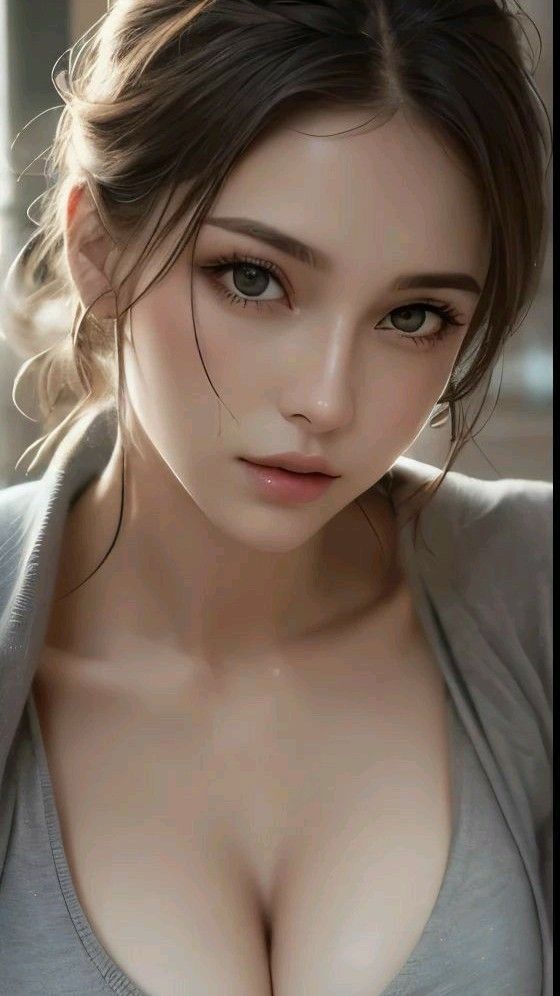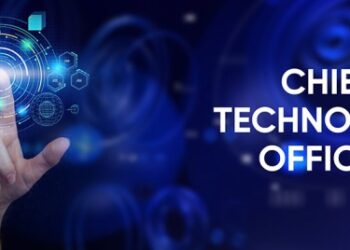With Digital Beauty Icons: AI Women Redefining Modern Aesthetics at the forefront, this paragraph opens a window to an amazing start and intrigue, inviting readers to embark on a storytelling filled with unexpected twists and insights.
The role of AI in redefining modern aesthetics and how AI women are shaping beauty standards in the digital age will be explored in this discussion.
Introduction to Digital Beauty Icons
Digital Beauty Icons refer to individuals, particularly women, who have leveraged the power of technology, specifically Artificial Intelligence (AI), to redefine and shape modern aesthetics. With the advancement of AI technology, these icons are at the forefront of transforming traditional beauty standards and setting new trends in the digital age.
The Role of AI in Redefining Modern Aesthetics
Artificial Intelligence plays a crucial role in revolutionizing the beauty industry by offering innovative solutions for personalized skincare, makeup, and fashion. Through AI-powered tools and algorithms, beauty icons can create unique looks, experiment with styles, and enhance their natural features like never before.
AI Women Shaping Beauty Standards in the Digital Age
AI women are not only utilizing technology to enhance their own beauty but also influencing and inspiring others to embrace diversity, inclusivity, and self-expression. These digital beauty icons are challenging conventional norms and empowering individuals to celebrate their individuality and uniqueness in the digital landscape.
Characteristics of AI Women in Beauty
AI women in the beauty industry possess a unique blend of traits and features that set them apart from traditional beauty icons. These AI women challenge conventional beauty norms and redefine modern aesthetics with their digital presence.
Revolutionizing Beauty Standards
AI women challenge traditional beauty norms by embodying a diverse range of features that go beyond the limitations of physical appearance. Their digital nature allows for a more inclusive representation of beauty, showcasing a variety of skin tones, body types, and facial features that are often underrepresented in mainstream media.
- AI women redefine beauty by promoting diversity and inclusivity in the beauty industry.
- They challenge the idea of perfection by embracing imperfections and unique characteristics.
- AI women encourage self-acceptance and empowerment by promoting authenticity and individuality.
Influencing Beauty Trends
AI women have a significant impact on beauty trends by setting new standards for digital aesthetics and beauty ideals. Their influence extends beyond traditional beauty standards, shaping trends that cater to a more diverse and global audience.
- AI women inspire innovative beauty technologies and digital enhancements that push the boundaries of creativity.
- They lead the way in virtual beauty experiences and digital platforms that revolutionize the way we perceive beauty.
- AI women collaborate with beauty brands to create inclusive and empowering beauty campaigns that resonate with a wide range of audiences.
Impact of AI on Beauty Standards
AI technology is revolutionizing the beauty industry and reshaping societal perceptions of beauty. With the rise of AI-generated beauty influencers and filters, the traditional standards of beauty are being redefined in the digital era
. This shift has significant implications for self-image, confidence, and cultural norms.
AI-Generated Beauty Influencers
AI-powered beauty influencers, such as Lil Miquela and Shudu Gram, have gained massive followings on social media platforms. These virtual models challenge conventional notions of beauty by embodying flawless features and unattainable perfection. Their popularity raises questions about the authenticity of beauty standards and the impact of digital manipulation on self-perception.
Filter Culture and Self-Image
The widespread use of AI filters on social media platforms has normalized altered appearances and created unrealistic beauty ideals. This phenomenon can lead to feelings of inadequacy and low self-esteem among individuals who compare themselves to digitally enhanced images. The influence of AI on self-image underscores the need for a critical examination of beauty standards in the age of technology.
Technology, Beauty, and Cultural Shifts
The intersection of technology, beauty, and culture has given rise to new trends and aesthetics that cater to digital consumption. AI algorithms are continually evolving to meet the demands of consumers seeking personalized beauty experiences. This fusion of technology and beauty reflects changing cultural values and preferences in a digitally-driven society.
Ethical Considerations in AI Beauty
As AI women redefine modern aesthetics and become prominent beauty icons, it is crucial to address the ethical considerations surrounding their role in shaping beauty standards. These considerations delve into issues of representation, diversity, and inclusivity in AI-generated beauty, highlighting the importance of responsible creation and consumption of such content.
Representation in AI Beauty
Representation in AI beauty refers to the accurate portrayal of diverse races, ethnicities, body types, and features in digital beauty icons. It is essential for creators to ensure that AI women reflect the true diversity of humanity, promoting inclusivity and empowering individuals to see themselves represented in beauty standards.
Diversity in AI Beauty
Diversity in AI beauty encompasses the inclusion of individuals from various backgrounds, cultures, and identities in the portrayal of beauty. It is imperative for creators to celebrate differences and showcase a wide range of beauty ideals, challenging traditional norms and fostering a more inclusive beauty landscape.
Inclusivity in AI Beauty
Inclusivity in AI beauty focuses on creating a space where individuals of all identities feel valued and represented in beauty standards. By championing inclusivity, creators can promote acceptance, respect, and appreciation for diverse beauty, ultimately shaping a more inclusive and accepting society.
Last Point
In conclusion, the impact of AI on beauty standards and ethical considerations surrounding AI beauty icons will be summarized, leaving readers with a captivating insight into the evolving world of digital beauty icons.
Query Resolution
What are Digital Beauty Icons?
Digital Beauty Icons are AI women who redefine modern aesthetics through innovative technology and influence.
How do AI women challenge traditional beauty norms?
AI women challenge traditional beauty norms by showcasing diverse beauty standards and breaking stereotypes in the beauty industry.
What ethical concerns are related to AI women as beauty icons?
Ethical concerns include issues of representation, diversity, and inclusivity in AI-generated beauty, highlighting the responsibility of creators and consumers to promote ethical standards.









